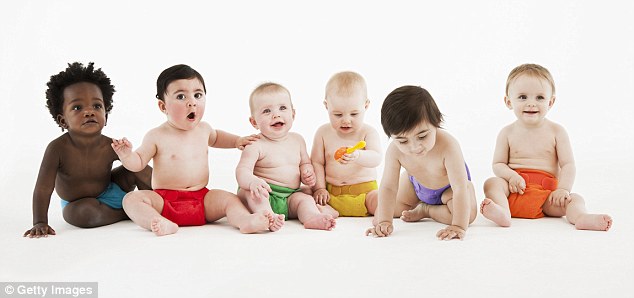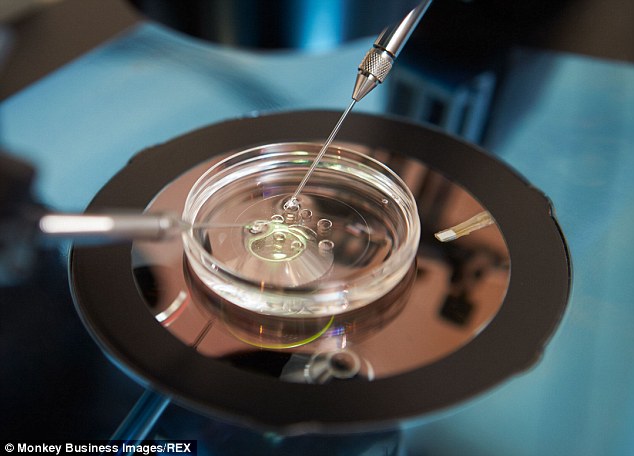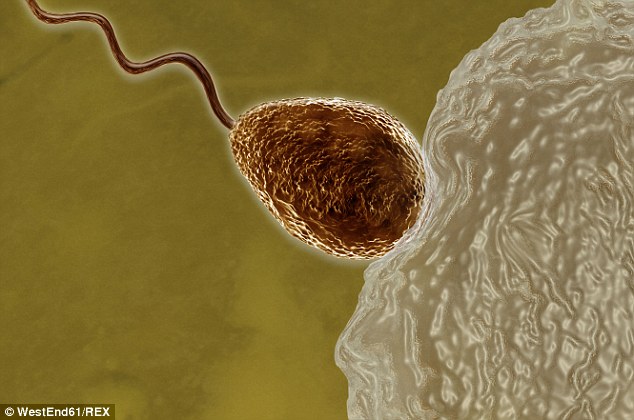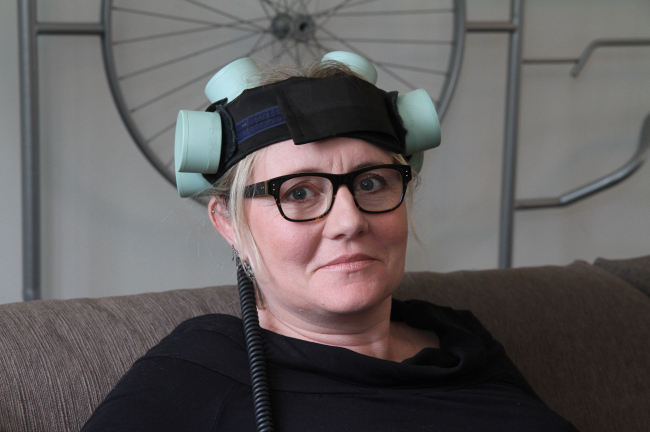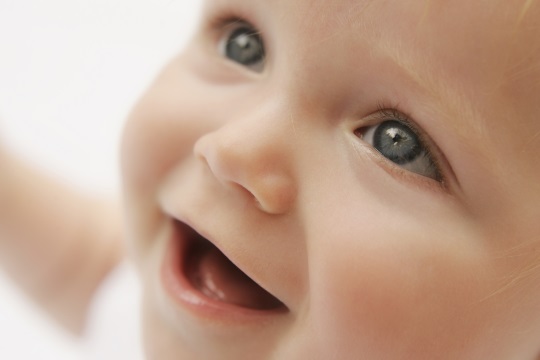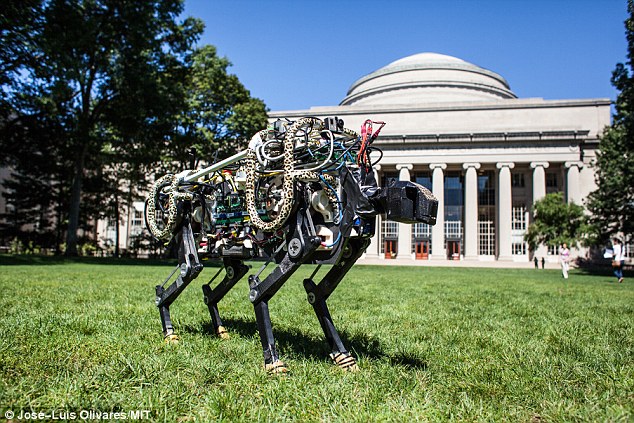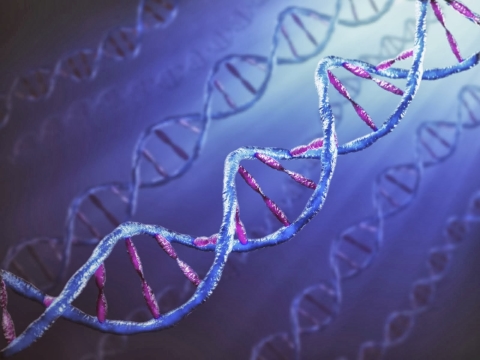Design Your Baby As You Wish
Improvements in genetics are causing designer babies to near '100 per cent efficiency', a leading scientist has warned. Dr Tony Perry, a geneticist at the University of Bath, said that society needed to be prepared for the day parents can choose certain traits in their children. The warning follows a breakthrough in April in which scientists were able to cure a genetic liver disease in living, adult mice using the Crispr-Cas9 gene editing technique. The Crispr technology precisely changes target parts of genetic code and could be used to create designer babies. 'We used a pair of molecular scissors and a molecular sat nav that tells the scissors where to cut,' Dr Perry told James Gallagher at the BBC.
'It's a case of 'you shoot you score'...On the human side, one has to be very cautious.' Unlike other gene-silencing tools, the Crispr system targets the genome's source material and permanently turns off genes at the DNA level. The DNA cut – known as a double strand break – closely mimics the kinds of mutations that occur naturally, for instance after chronic sun exposure. When cellular machinery repairs the DNA break, it removes a small snip of DNA. In this way, researchers can precisely turn off specific genes in the genome. For decades, designer babies - modified for health, beauty and intelligence - have been the reserve of science fiction. But Crispr technology could change all that. Dr Perry told the BBC that it may soon find its way into fertility treatments. 'There are heritable diseases coded by mutations in DNA and some people could say, "I don't want my children to have these mutations."' He says it is up to society, and not just scientists, to look at the implications and decide whether the technology is worth the risk. Beyond simply addressing health concerns, many are worried that the technology can be used to give babies desirable traits, such as changing the colour of their eyes. Nuffield Council on Bioethics director, Hugh Whittall, said the issue raises questions of social justice, with the technique only available to the rich. The trend towards services such as this has already begun. For instance, Genepeeks last year announced a system that can create 'virtual babies' by digitally combining the DNA of two people is set to launch. These virtual babies can then be screened for genetic diseases, before ruling out sperm donors or partners who could pose a risk to a potential baby's health.
In theory, the technology could be used to screen potential babies for traits other than diseases. It would also fall outside rules used to regulate embryo testing and screening. The technology's patent includes a list of traits that aren't necessarily related to health – such as eye and skin pigmentation, according to a report by Catherine de Lange in New Scientist. 'Where it is more ethically challenging is when you expand beyond couples in desperate need for a donor, to couples that are just interested in more trivial things,' Dagan Wells at the University of Oxford told the magazine. Professor Lovell-Badge from the UK Research Medical Council told the BBC News website that despite concerns, the issue is something that needs to start being debated. 'There has been a blanket ban on germ-line therapy, so there needs to be a debate about that and some rational thought rather than knee-jerk reactions that, "No you can't possibly do that."' Written By Ellie Zolfagharifard Retrieved From:
|
|





